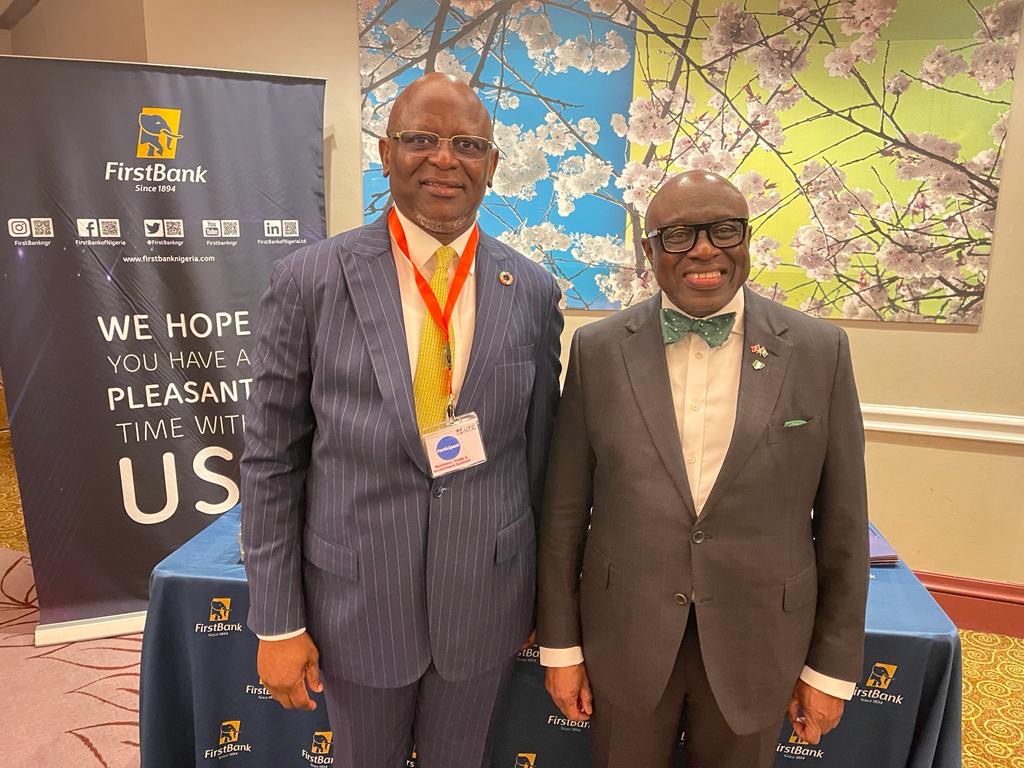The growing consensus amongst local analysts is that Bigi (a fast-rising indigenous brand of soda drinks) will steadily and surely relegate the old guard, especially Coca-Cola, to the backwaters of the Nigerian fizzy drinks market.
Bigi is owned by Rite Foods, a Nigerian family-owned conglomerate. The company also produces a packaged sausage roll product also branded Bigi, itself the number 2 in the sausage roll market.
Taking no prisoner: Bigi’s robust offensive
It is hard to argue that Bigi is not destined to overthrow Coca-Cola, et al in the not too distant future. The reasons include: Solid products: The look, feel and taste of Bigi drinks rival any mass-market competitor produced anywhere in the world. They are that good. In fact, one can argue Bigi drinks taste more like real juice as opposed to “flavoured carbonated water” taste of its rivals.
Wide array of flavours: Whereas competing soda bouquets boast of 3 (at most 5) flavours, Bigi’s comprises at least 8.
Best-in-class pricing: Notwithstanding its “high quality”, Bigi drinks are arguably the cheapest in the market. Case in point is the 60cl PET bottle which it sells at a 33% discount to Coca Cola’s.
Distribution might: For all the accolade it gets for its products’ quality and price, the secret to Rite Food success lies more with its distribution might. Those who are old enough would recall that the owners of the company have their business roots in distribution. They held the West African distribution franchise for Agfa products. Through this franchise, they honed their Pan-Nigeria distribution acumen. Their foray into food – sausage rolls first, and now beverages – is leveraging heavily on the preexisting distribution infrastructure built decades before.
Strong capitalization: According to its most recent claim, Rite Foods has invested no less than 30 billion naira in its beverage business. A lion share of the amount would have gone to Bigi soda drinks. The investment which is a little shy of $100 million is very respectable in any economy, to say nothing of Nigeria.
Point-of-sale capture: A casual assessment of informal retail points (particularly hawkers and street kiosks) suggests stronger carriage of Bigi drinks than any other brand.
Local DNA: Whereas its major competitors (notably Coca Cola and Pepsi) are global brands, Bigi is an indigenous brand that exhibits sharper nimbleness in its marketing and strategy decision making. Also advantageous, it appears, is the fact that being owned and run by Nigerians, the managers of Bigi know how to “find their way” in the rugged Nigerian market better than its expatriate-led competitors.
Holding steady: Coca-Cola’s tactical response
Accepting the inevitable: Coca Cola has thus far not fallen for the temptation to engage Bigi in full frontal price war, as many have expected. Instead it appears to have accepted the reality of Bigi being legitimate competition. Its stance is further analysed in the points below.
Monetising brand capital: Rather than price-compete with Bigi, Coca-Cola has “monetized” some of its decades’ built brand capital by maintaining its premium pricing relative to Bigi. What this means is that Coca Cola’s soft drinks sell for higher prices than Bigi’s. By doing this it expects consumers to still buy its products because of the reputation it has built over time. This has enabled Coca Cola retain some of its margins, although at the expense of selling lower volumes.
Reintroducing Limca: Coca Cola ultimately made a feeble attempt at price-competing with Bigi. This it did through the reinvention and reintroduction of the Limca brand. Limca is essentially a tier 2 brand compared to tier 1 brands like Coca Cola, Fanta and Sprite. The Limca move failed. Being too subpar in quality and taste, the market’s reception was naturally lacklustre.
Rejigging manufacturing: Perhaps the biggest reason Coca Cola has decided against price-competition is its apparent inability to efficiently produce large volumes of product. You see, if a company decides to drop prices and is unable to meet the huge demand that would ensue, it would be in big trouble. It would lose margins due to reduced prices and at the same time be unable to sell more to bridge the gap in lost margins. Coca Cola knows this. As such, it is rejigging it manufacturing capability to increase both production capacity and efficiency. Once the rejig is completed, the price war Nigerians have spoiling for, just might happen.
Beyond soda: Coca-Cola’s blue ocean strategy
Waiting things out: Sometimes the secret to outlasting your competition is simply time. Doing business in Nigeria is hard. Only the strongest ultimately survive. Coca Cola Nigeria, with its long history of thriving in the country backed by the robust resources of its American parent, seems destined to be around for long long time. Rite Foods (Bigi), on the other hand, is a lot less capitalized and pedigreed. Many that came before it, with perhaps more resources and reputation, fell off regardless. The jury is still out on its staying power.
Recognizing market direction: It is no longer news. There is a worldwide pushback on soda drinks. Many countries across the world are either introducing or considering soda taxes. Consumer tastes are shifting away from sugar-heavy, carbonated drinks to healthier alternatives. The long term prospects of soda drinks are anything but bright. Coca Cola’s reluctance to fight Bigi to the finish, in the soda drinks market, reflects this clearly. It is instead doubling down on market opportunities where consumer tastes are slowly but surely drifting to.
Cornering the ex-soda market:Coca Cola is really focusing its strategic energy on every other ready-to-drink beverage market asides soda. These include fruit and vegetable juices, value added dairy, flavoured waters, iced teas, ready-to-drink coffee and maybe even alcoholic cocktails. Two moves have signified its seriousness about this direction. Number one is its acquisition of Chi Limited, the company with a near monopoly in the packaged juice and value-added dairy markets in Nigeria. The other is its $600 million planned investment in Nigeria from 2017 through 2020 targeted at expanding its ex-soda businesses. Once the soda market decline begins to bite in Nigeria, Coca Cola’s competitors would seek to pivot into ex-soda markets, by which time its stranglehold on those markets would have hardened. “Newcomers” would find it hard to break in. Life would be tough for them.
Final analysis
It is said that past performance is no guarantee of future success. True. But it sure is a strong predictor. Coca-Cola is very entrenched in the Nigerian marketplace, regardless of what its foreign origins might suggest. It has seen competitors retreat, concede or get acquired. Dr Pepper and Tandi Guarana were outcompeted to their exits. Pepsi and La Casera have more or less conceded leadership. Limca and Chi got acquired. Coca Cola has prevailed through it all.
Going by its history and recent set of moves, Coca Cola is poised to win every foreseeable war in the near to mid-term future.
But if against all odds, Bigi persists as a “major headache”, Coca Cola has one last card. A card it has been forced to play on several occasions.
This is to: Write a fat check. Buy the Bigi drinks business off Rite Foods. Incorporate Bigi into its drinks portfolio (or kill-off the brand completely). Strengthen its grip of the market.
Written by Tobenna Okoli
Disclosure: The author has no affiliation with the brands and companies discussed above (except of course as a consumer of their products). His assertions, based on publicly available information, are entirely his and do not necessarily represent those of the brands and companies discussed.






Comment
No comments found.